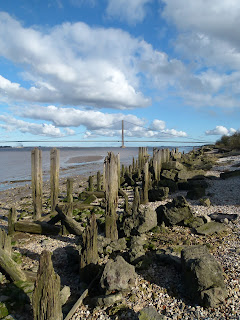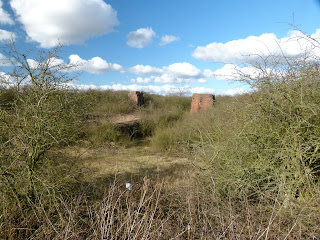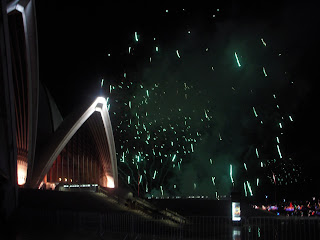After the slightly terrifying moment last week when I booked the first flight of my round-the-world Grand Tour, this week I've booked the first hostel.
It got me wondering, especially after a couple of questions from friends and colleagues, about how to find a decent hostel. So I'm going to attempt to deconstruct my hostel-finding process.
Don't worry - it's basic as anything!
1. What are you looking for in a hostel?
A party vibe? Somewhere social? Or do you just need somewhere to crash after a long day of exploration? Do you need WiFi or laundry facilities? I mention the latter because I'm amazed by how many of the hostels we used in Ireland
didn't have laundry facilities. Washing socks in the sink is always an option, but it's easier to just sling everything in the machine!
2. Does it need to be central?
Related in some ways to the first point. If you're after a place you can go partying from, chances are you're going to want somewhere fairly central so you don't have to stagger too far home once you've had a few drinks.
If you're not driving yourself, you'll probably also want to consider public transport links. If you're in the city centre, this won't be too much of a problem, but take note if you're out in the sticks!
3. Comfort or basic?
We all like our creature comforts, but how much do you need? Nice big kitchen? A single bed? Private bathroom?
Or bunk beds, shared bathrooms and bring-your-own bedding. Just a note: some hostels offer beds where you bring your own sleeping bag for a cheaper price than a made up bed.
4. How much are you willing to pay?
In my case, this is the most important bit of finding a hostel. I'm operating on a pretty tight budget, so I've been trying to find the cheapest hostels I can which still look decent. Of course, cheap isn't always great, so make sure you check out what's on offer first.
5. Are you willing to share?
This is as much related to how much you're willing to pay as anything, but bear in mind that you can get much cheaper rates if you're willing to share with others. For example, I've just booked a bed in Reykjavik in a 24 bed dorm. I wouldn't normally consider staying in such a huge room, but Reykjavik is such an expensive city that I'd rather save the cash than fork out for a smaller dorm.
Right. Got an idea of the sort of hostel you're looking for? Good. Now you're armed with that information get yourself over to a site like
HostelBookers or HostelWorld (my personal go-to site) and get searching for places that match your criteria. Some of these sites allow you to select a few hostels to compare, but often it's just as easy to sort by your most important criteria (price, rating etc) and do it that way. Make sure to check out the available facilities - you can't take it as a given that there'll be, for example, laundry facilities - and also have a scan through the reviews.
Got a hostel in mind now? That's great. Now, you could just go ahead and book through one of the aforementioned sites. Before you do that, though, pop onto Google (other search engines are available!) and
do a quick search on hostels in your destination. There's still lots out there that aren't on the main booking sites and there's some pretty good deals out there.
Whether you end up sticking with your original option or picking a new one based on that second search, now is your time to book it.
Check if the hostel has a website that you can book through and check the prices available there if you can. Often it's
cheaper to book direct with the hostel than to book through a site like HostelWorld. For example, on a trip to Ireland last year we got a great deal on our stay at the Malinbeg Hostel in Donegal by booking direct with them.
See, finding a good hostel is easy. Just know what you're looking for and take note of what each hostel can give you. Reviews can also give you some good information but I'd also take the best and worst ones with a pinch of salt - the former because folks gloss over the weaker points and the latter because those who have a problem are wont to shout the loudest.
Not sure if hostelling is for you? You'd be surprised - take a look at this post for some pointers:
Hostelling - Is it for you?
What tips do you have to find a good hostel? Any hostels you'd recommend? Why not share in the comments below.














